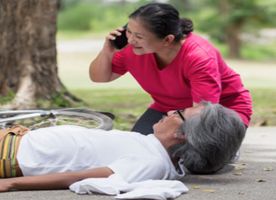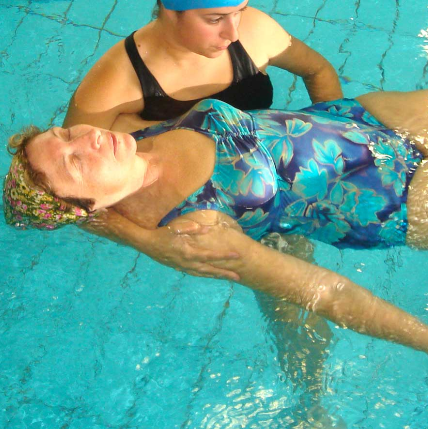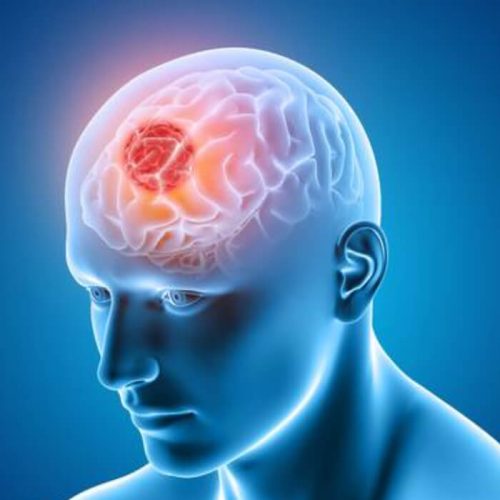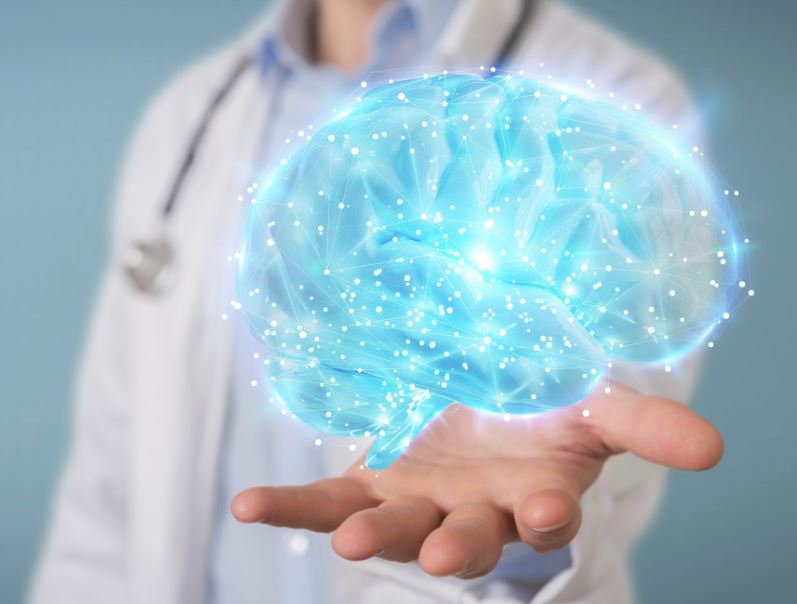Neurological Rehabilitation in Garhoud
Search and Compare the Best Clinics and Doctors at the Lowest Prices for Neurological Rehabilitation in Garhoud






Neurological Rehabilitation at Prime Hospital in Dubai, United Arab Emirates
Our partner clinics in are accredited by the following associations




































































































































No Time?
Tell us what you're looking for and we'll reach out to the top clinics all at once
WHY US?




































































































































No Time?
Tell us what you're looking for and we'll reach out to the top clinics all at once
What does the Procedure Involve?
The neurological rehabilitation program is designed to meet your specific needs, depending on your injury or condition. For instance, if you have difficulty walking or standing, a physical therapist will help you learn how to perform these things again. A speech therapist can help you learn to speak or to swallow again. And an occupational therapist can help you shower safely and how to cook meals for yourself. The following are some common things you might learn in neurological rehabilitation:
-
Counseling and therapy to help with social and emotional challenges. These may also include depression, stress, and anxiety management.
-
Exercises to improve balance, strengthen your body, and move safely.
-
New ways to stay physically active with a disability.
-
Instructions on how to safely use walkers, crutches, or a wheelchair.
-
Speech-language therapy to help with talking, communication, language, and swallowing.
-
Bladder and bowel retraining.
-
Help with activities of daily living, such as dressing, bathing, eating, cooking, handwriting, and basic housekeeping.
-
Social and behavioral skills.
-
Nutritional counseling.
What's the Recovery Time?
Neurological rehabilitation is a treatment to help you recover from your neurological disease, disorder, or injury. Therefore, the recovery time varies from one person to another, depending on the reason you need neurological rehabilitation and your willingness to do the work. For example, stroke patients may need six months until they experience significant improvement and two years until they fully regain their speaking ability.
What About Aftercare?
Neurological rehabilitation can be hard work, both physically and mentally. One day you may feel hopeful and the next day you may feel discouraged. It is important to remember that it will take constant and consistent work and relearning. Your therapist and doctors understand this process and, along with your family and friends, they are there to support you.
After you finish your neurological rehabilitation, you may need to come back now and then for follow-up checkups. Follow-up checkups are important to ensure that you continue to get better.
What's the Success Rate?
Neurological rehabilitation is known to have high success rates. It can help you regain lost skills and function. However, the active involvement of you and your family is essential to the success of the rehabilitation program. Without your willingness to learn how to use your body in new ways or relearn activities that used to be easy, then there is a chance that the rehabilitation will not be successful.
The risks of neurological rehabilitation are very low. There is a risk that the program may cause another injury or problem. For instance, you may fall when you are learning how to walk again. However, your therapists are trained specifically to make sure you are ready for each step of the process.
Are there Alternatives to Neurological Rehabilitation?
Neurological rehabilitation is an important part of your recovery. There is usually no other recommended alternative to this treatment. However, you may consider the following:
-
Yoga to help increase range of motion.
-
Acupuncture to help reduce pain and depression.
-
Thai Chi to help improve balance.
-
Massage therapy to improve fine motor skills.
It is important that you talk to your doctor if you want to try any of the above.
This information has been accurately sourced and verified by a medical professional for its accuracy, however, we strongly recommend you to consult with your doctor before pursuing medical procedures overseas.







